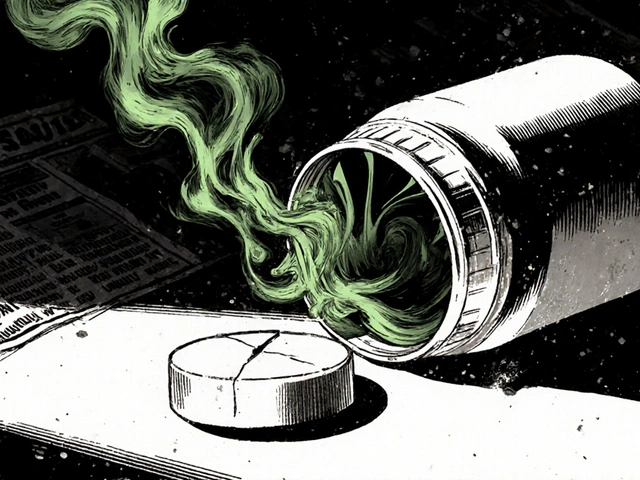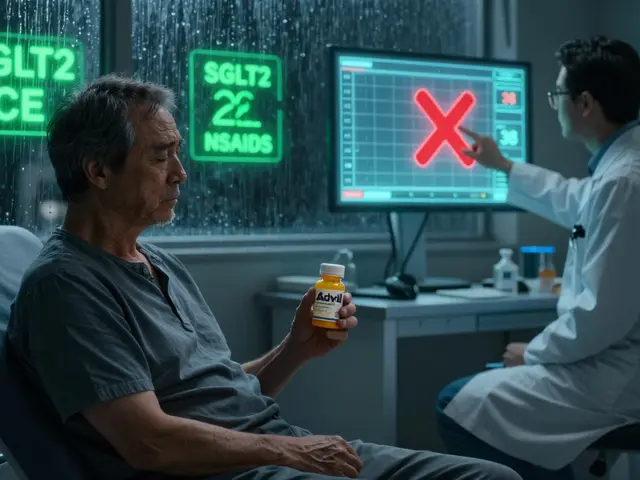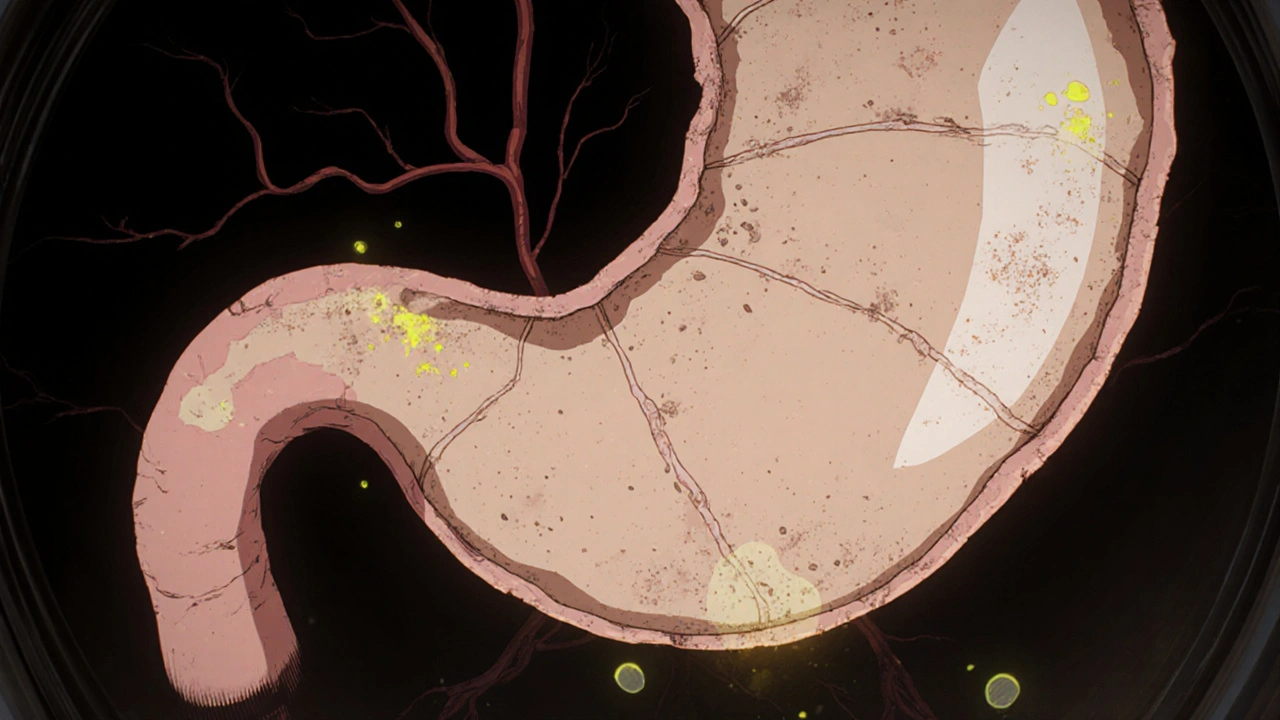Pernicious Anemia: Causes, Symptoms, and What Actually Works
When your body can’t absorb vitamin B12, a critical nutrient needed for nerve function and red blood cell production. Also known as cobalamin deficiency, it’s not just about eating less meat—it’s about your immune system turning against your own stomach. This isn’t a simple dietary gap. Pernicious anemia is an autoimmune disease where your body destroys the cells in your stomach that make intrinsic factor, the protein that lets your intestines grab onto B12. Without it, even if you eat plenty of B12-rich foods or take pills, your body just can’t use it.
That’s why most people with this condition don’t get better with over-the-counter supplements. They need B12 injections, a direct method to bypass the broken absorption system. Oral pills? They’re useless here. Nasal sprays? Sometimes, but not reliable. The gold standard is shots—usually monthly, sometimes more often at first. Left untreated, pernicious anemia doesn’t just cause fatigue and pale skin. It can damage your nerves, leading to numbness in hands and feet, trouble walking, memory loss, and even depression. It’s often mistaken for aging or stress, which is why so many people suffer for years before getting the right diagnosis.
It’s not rare. It’s more common in older adults, people of Northern European descent, and those with other autoimmune conditions like type 1 diabetes or thyroid disease. Blood tests can spot low B12 levels, but the real clue is elevated methylmalonic acid and homocysteine—markers that show your cells are starving even if B12 looks okay on paper. A positive intrinsic factor antibody test confirms it’s autoimmune. And once diagnosed, you’re usually on lifelong treatment. No cure, but full control is possible.
You’ll find real stories here—people who thought they were just tired, only to find out their nerves were slowly shutting down. You’ll see what works, what doesn’t, and why some treatments fail even when they seem logical. This isn’t about generic advice. It’s about the specific, often overlooked truths behind a condition that gets buried under simple "take a pill" solutions.
Atrophic Gastroenteritis and Vitamin B12 Deficiency: Essential Facts and How to Manage Them
Learn how atrophic gastroenteritis leads to vitamin B12 deficiency, spot symptoms, get diagnosed, and choose the right treatment to prevent anemia and nerve damage.
About
Health and Medicine
Latest Posts


Medication Safety in Kidney Disease: How to Dose Drugs Correctly and Avoid Nephrotoxins
By Orion Kingsworth Jan 4, 2026

C. difficile Colitis: How Antibiotics Trigger It and Why Fecal Transplants Work
By Orion Kingsworth Nov 21, 2025

Genetic Factors in Statin Tolerance: How Pharmacogenomics Testing Can Help You Stay on Your Medication
By Orion Kingsworth Oct 27, 2025

